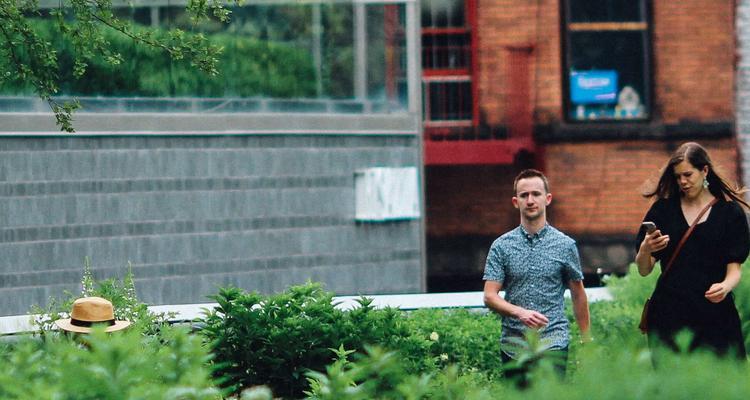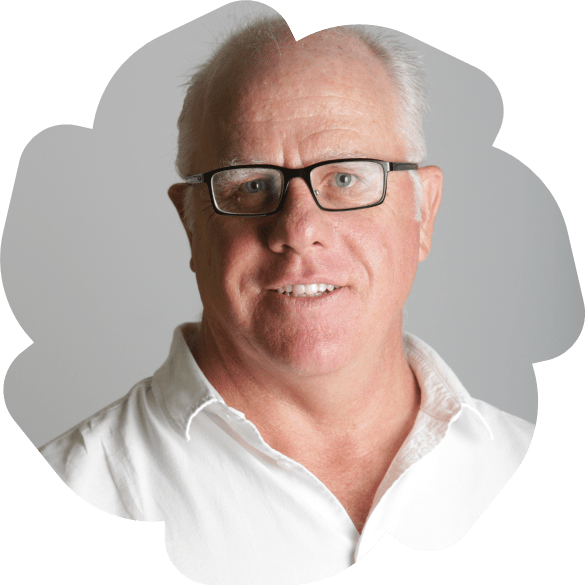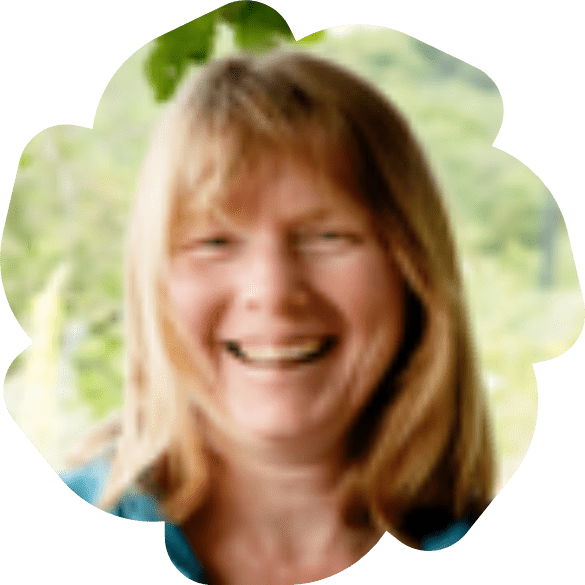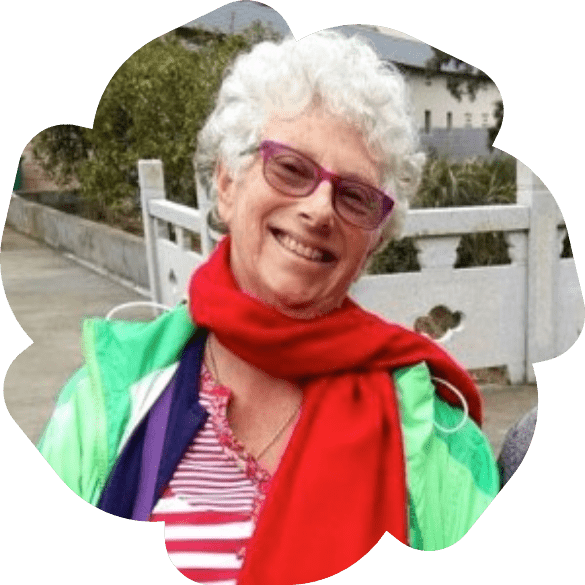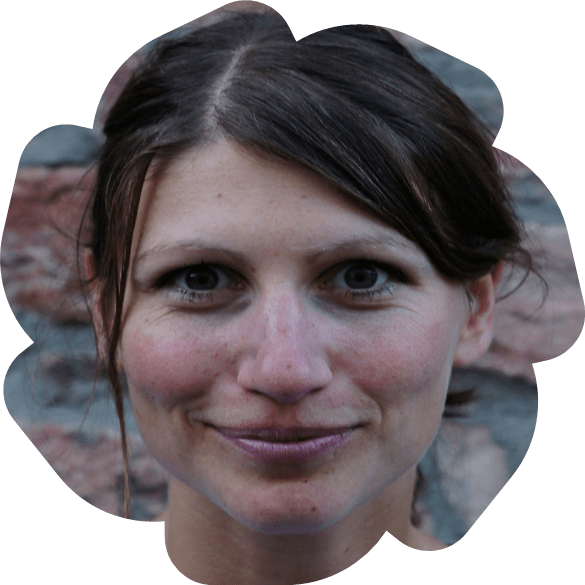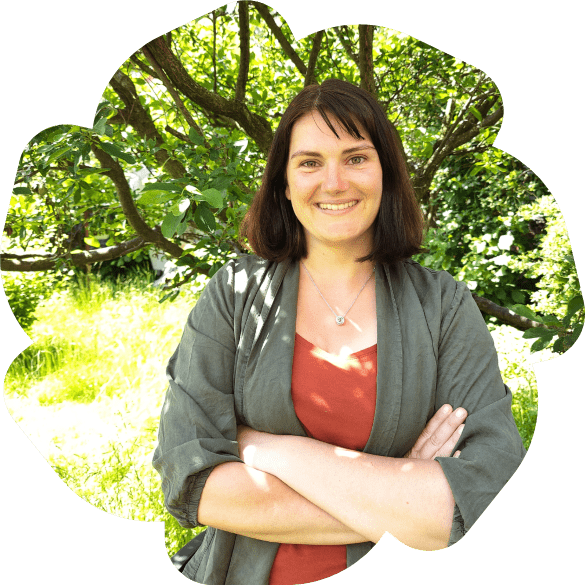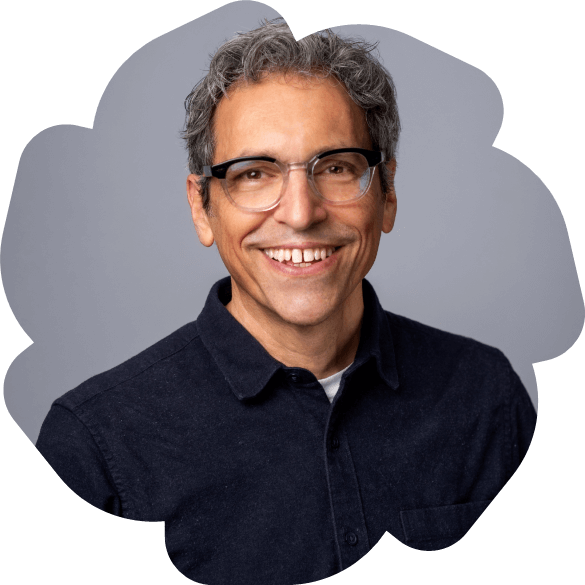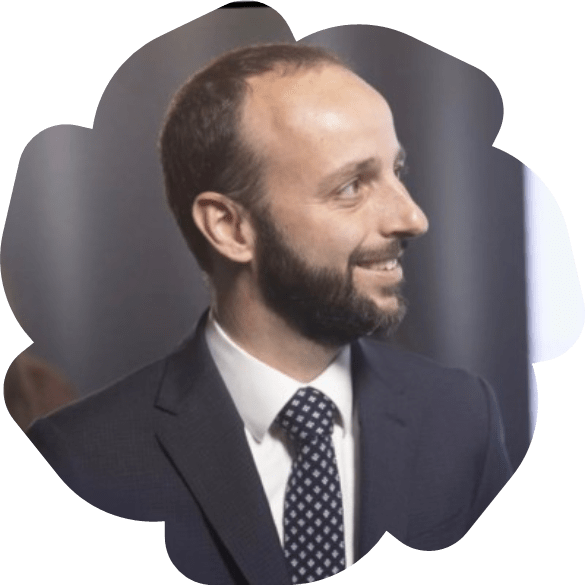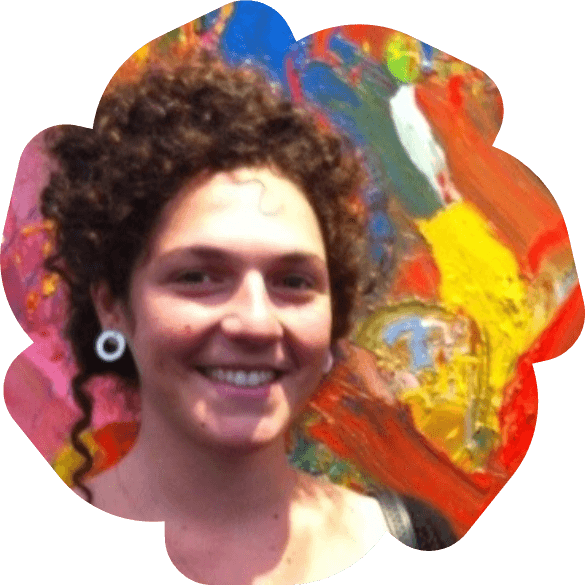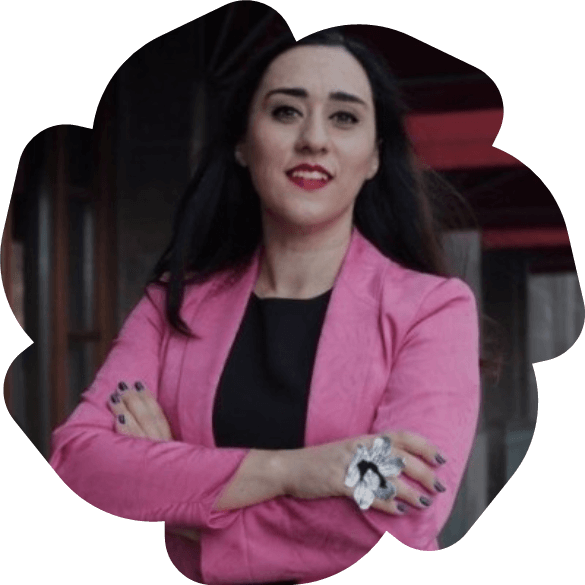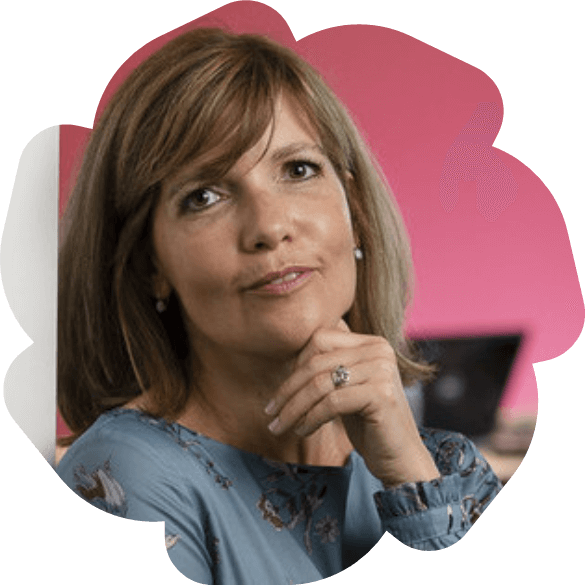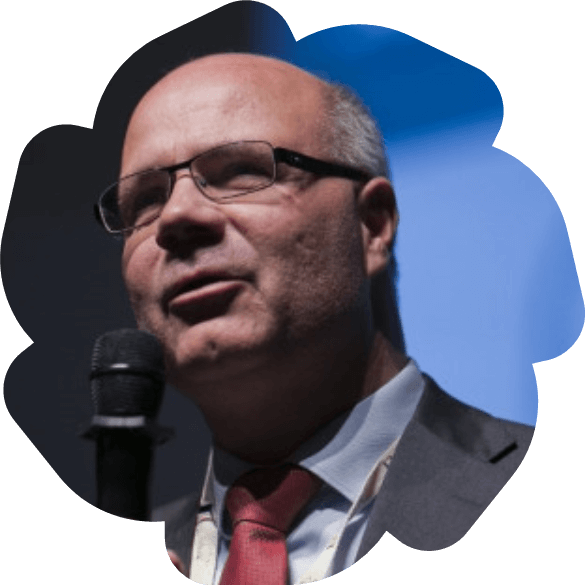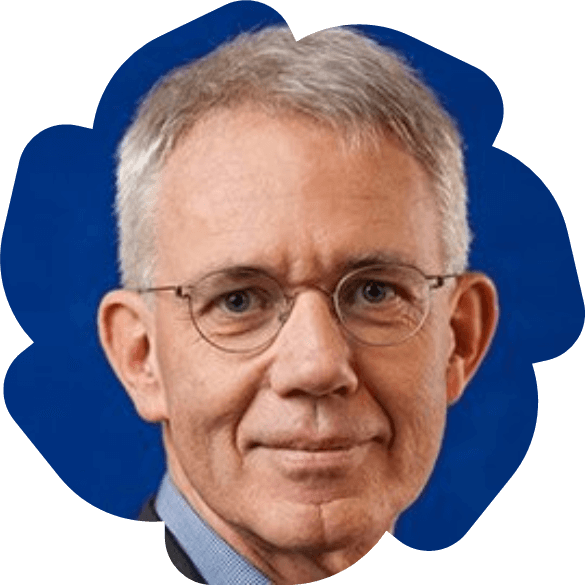LET'S CREATE SUSTAINABLE urban food environments.
To provide healthy, sustainable, affordable + attractive food to all people.
Everyone should be able to fill the plate with nutritious, safe, sustainable and affordable food. However, Europe’s urban areas face challenges to ensure availability of healthy, sustainably produced food for all inhabitants and especially for people facing systemic barriers. Promising initiatives taken by municipalities to change the architecture of food choice often fail to become embedded in the wider policy context and to reach food-deprived and vulnerable groups.
FoodCLIC brings together actors from politics, science and civil society to support the development of integrated urban food policies - i.e. policies that facilitate the accessibility and availability of healthy and sustainably produced food for all people and in particular for vulnerable communities. Given the interconnectedness of food concerns with other (policy) sectors, FoodCLIC wants to ensure that urban planning always incorporates food considerations.
FoodCLIC is a four-year EU-funded project that runs from September 2022 to February 2027.
TAKING ACTION IN 8 CITY-REGIONS.
The EU-funded project supports the creation of sustainable urban food environments in eight city-regions, consisting of an urban centre and its surrounding rural (agriculturally used) area. These city-regions share the ambition of a food system transformation that is brought forward through the improvement of their urban food environments (and the interrelated urban food systems).
FoodCLIC wants to ensure that all inhabitants have access to affordable, healthy and sustainably sourced food.
LET'S TAKE A CLOSER LOOK.
Our Think Tank members.
Eight internationally renowned experts are forming FoodCLIC’s Think Tank. The Think Tank members support project partners throughout the whole project lifetime by giving strategic advice, providing input during the project’s strategic Broadening Phase, and by disseminating the project's key messages and outcomes.
Our Stakeholder Advisory Board.
The FoodCLIC Stakeholder Advisory Board provides advice on the quality of the activities and ensures that the project takes into account the different perspectives and interests of stakeholders. The members of the Stakeholder Advisory Board have diverse backgrounds and substantial and unique expertise and knowledge. Members include representatives from academia, policy-makers, private sector and civil society.
FOODCLIC. We are connecting people, food, policy & places.
FoodCLIC is a four-year project funded by the EU. The project runs from September 2022 to February 2027. The acronym FoodCLIC stands for 'integrated urban FOOD policies – developing sustainability Co-benefits, spatial Linkages, social Inclusion and sectoral Connections to transform food systems in city-regions
